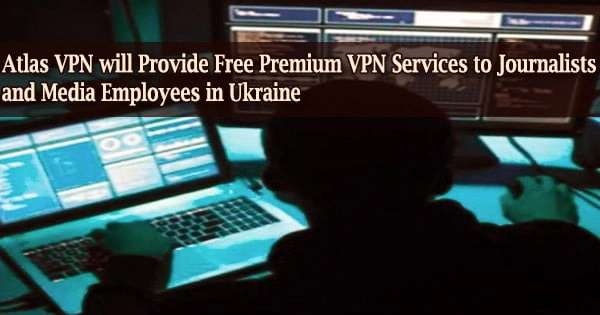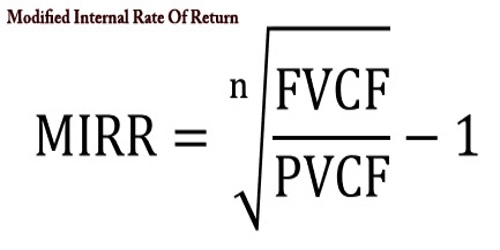Online traffic is routed through an encrypted tunnel by a Virtual Private Network (VPN). It hides your IP address and protects you from invasive tracking, public Wi-Fi hazards, and snooping.
With Russian armed forces entering Ukraine, Atlas VPN is providing free access to its virtual private network (VPN) to journalists in the conflict zone. The corporation announced its support for journalists and media employees in Ukraine on February 24, 2022.
Representatives from the media in Ukraine who require a premium VPN subscription should contact Atlas VPN. Within 24 hours, the team will respond. The premium VPN subscriptions to journalists come with no cost.
There are no long-term contracts or anything like that, according to Edward G. Garbenis, a cybersecurity expert and publisher at Atlas VPN.
“It is completely free. The premium subscription to our service will last for a one-year period, and it includes all of the features that people who pay for it get,” he told TechNewsWorld.
Ensuring Functionality
VPNs encrypt your internet traffic and reroute it through an encrypted channel. It protects you against hackers, governments, and internet service providers (ISPs) snooping on your online activities.
It is completely free. The premium subscription to our service will last for a one-year period, and it includes all of the features that people who pay for it get.
Edward G. Garbenis
They also hide users’ IP addresses, which can protect them from censorship and other limitations on the internet.
According to Garbenis, Atlas VPN promotes freedom online and beyond, and wishes to assist journalists who risk their lives to offer the most accurate information to the public.
“This way, media representatives can carry out their investigations online and share their findings while being protected by military-grade encryption, which will completely hide their online activities,” he added.
VPN Protection
A VPN offer two benefits in this scenario, offered Garbenis.
To begin with, it defends individuals from DDoS attacks. This is particularly crucial for independent journalists who have no support if they are targeted by threat actors.
While huge organizations find it difficult to protect themselves from DDoS attacks, this is not the situation for individuals.
Users can mask their IP address by connecting to a VPN server, which means hackers won’t be able to find your network and, as a result, won’t be able to target you, according to him.
Second, neither their ISP nor any other third parties will be able to monitor their online activities. This, in turn, should encourage them to disclose information even more openly, even if it is done anonymously or through private messages with media outlets.
Timeline Prompted Reaction
On Feb. 15, cybercriminals launched a large-scale DDoS attack that brought down the websites of Ukraine’s defense ministry, army, and two of the country’s largest banks, PrivatBank and Oschadbank.
Another DDoS attack this week took down various Ukrainian government, military, and financial websites on Wednesday. According to Atlas VPN’s blog, the second round of hacks resulted in shorter-term interruptions.
The attacks were carried out by the Russian Main Intelligence Directorate, according to US and UK government agencies. More cyberattacks are likely now that a full-scale invasion has been detected, according to cybersecurity experts.
Atlas VPN revealed its free VPN service offer to journalists in Ukraine on Thursday, Feb. 24, hours after Russia’s armed troops entered the country.
















